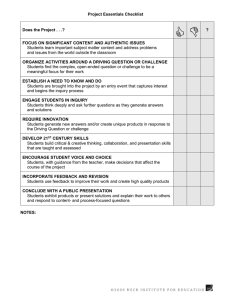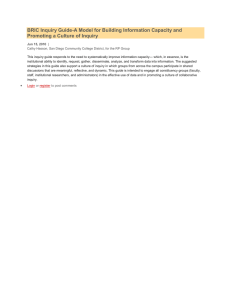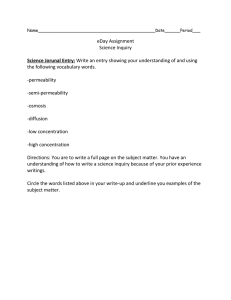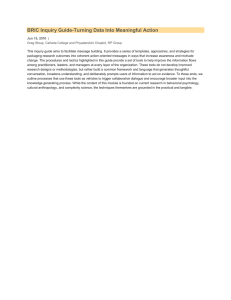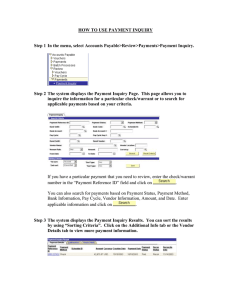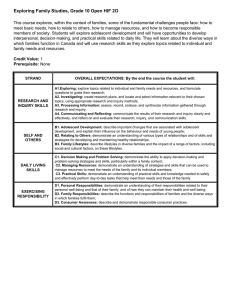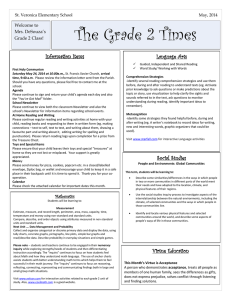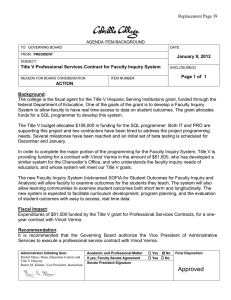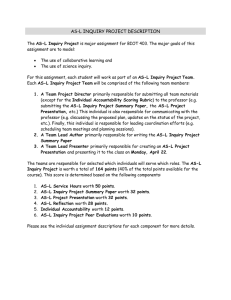Creating An Environment of Mindful Engagement The following is adapted from
advertisement
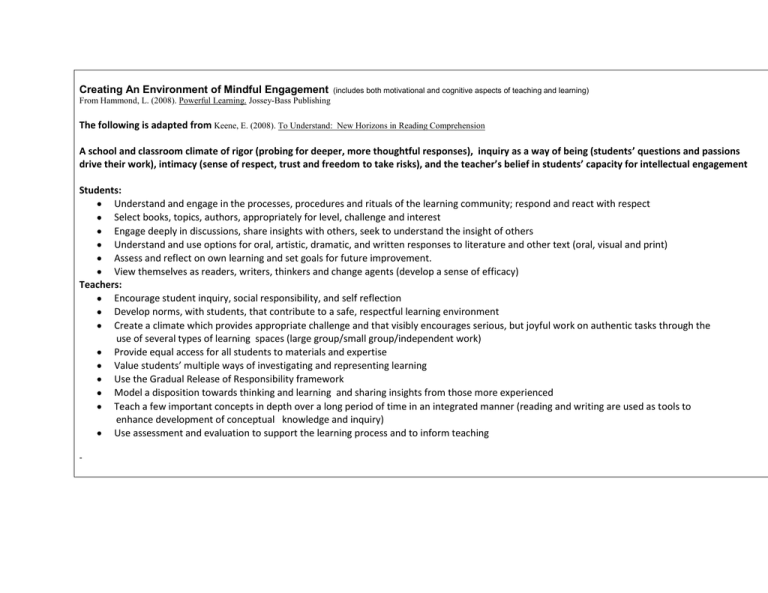
Creating An Environment of Mindful Engagement (includes both motivational and cognitive aspects of teaching and learning) From Hammond, L. (2008). Powerful Learning. Jossey-Bass Publishing The following is adapted from Keene, E. (2008). To Understand: New Horizons in Reading Comprehension A school and classroom climate of rigor (probing for deeper, more thoughtful responses), inquiry as a way of being (students’ questions and passions drive their work), intimacy (sense of respect, trust and freedom to take risks), and the teacher’s belief in students’ capacity for intellectual engagement Students: Understand and engage in the processes, procedures and rituals of the learning community; respond and react with respect Select books, topics, authors, appropriately for level, challenge and interest Engage deeply in discussions, share insights with others, seek to understand the insight of others Understand and use options for oral, artistic, dramatic, and written responses to literature and other text (oral, visual and print) Assess and reflect on own learning and set goals for future improvement. View themselves as readers, writers, thinkers and change agents (develop a sense of efficacy) Teachers: Encourage student inquiry, social responsibility, and self reflection Develop norms, with students, that contribute to a safe, respectful learning environment Create a climate which provides appropriate challenge and that visibly encourages serious, but joyful work on authentic tasks through the use of several types of learning spaces (large group/small group/independent work) Provide equal access for all students to materials and expertise Value students’ multiple ways of investigating and representing learning Use the Gradual Release of Responsibility framework Model a disposition towards thinking and learning and sharing insights from those more experienced Teach a few important concepts in depth over a long period of time in an integrated manner (reading and writing are used as tools to enhance development of conceptual knowledge and inquiry) Use assessment and evaluation to support the learning process and to inform teaching -
